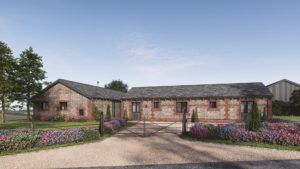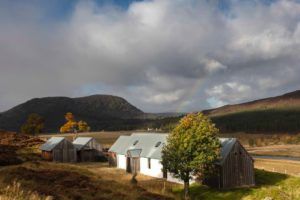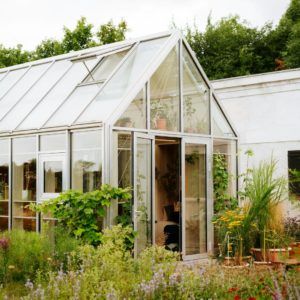Recently opened to the public, a new 18 hole adventure golf course has been well received in the local area and further afield.
Planning permission was sought at the beginning of 2022 by Acorus on behalf of a long standing client as a compliment to the existing Golf Club business on site which incorporates a café. The club is popular and well utilised, so the addition of the adventure golf course was proposed to widen the scope of the club offering a family friendly sport and leisure facility.
The proposed adventure golf course was to incorporate all different elements from the County where it is located, in this case Suffolk. Our client wanted to include replicated miniature models of local landmarks, historic buildings, and local attractions to form part of the circuit including traditional animal breeds from the area.
Acorus prepared a robust planning statement for the proposal which included a timber clad Kiosk to provide a reception area for the activity and toilet facilities. The statement was accompanied by plans and drawings along with an Ecology Survey.
As the site was already operating as a golf course/club, no change of use of land was being sought just the addition of the adventure course and associated facilities.
Special attention was paid to retaining existing trees for the proposal along with additional planting to help create the right atmosphere and support the environment.
In terms of planning policy, the National Planning Policy Framework (NPPF) is supportive of sustainable leisure and tourism developments that support the local rural economy. Local planning policy in this case is also supportive.
Paragraph 84, Supporting a Prosperous Rural Economy, of the NPPF states:
‘Planning policies and decisions should enable:
a) the sustainable growth and expansion of all types of business in rural areas, both through conversion of existing buildings and well-designed new buildings;
b) the development and diversification of agricultural and other land-based rural businesses;
c) sustainable rural tourism and leisure developments which respect the character of the countryside; and
d) the retention and development of accessible local services and community facilities, such as local shops, meeting places, sports venues, open space, cultural buildings, public houses and places of worship.’
Paragraph 85 states:
‘Planning policies and decisions should recognise that sites to meet local business and community needs in rural areas may have to be found adjacent to or beyond existing settlements, and in locations that are not well served by public transport. In these circumstances it will be important to ensure that development is sensitive to its surroundings, does not have an unacceptable impact on local roads and exploits any opportunities to make a location more sustainable (for example by improving the scope for access on foot, by cycling or by public transport). The use of previously developed land, and sites that are physically well-related to existing settlements, should be encouraged where suitable opportunities exist.’
The proposal of the adventure golf course at this site was a natural extension to existing operations therefore creating minimal impact in development terms. The proposal is sustainable and will create further employment opportunities all year round.
The planning application was submitted and granted subject to various conditions. Acorus assisted with the discharge of the relevant conditions and construction commenced.
The end result is a well designed and crafted adventure golf course providing a real boost to the rural economy.
Our client and owner of the site is delighted with the new course. The open day was well attended and feedback from the local community has been very positive.






